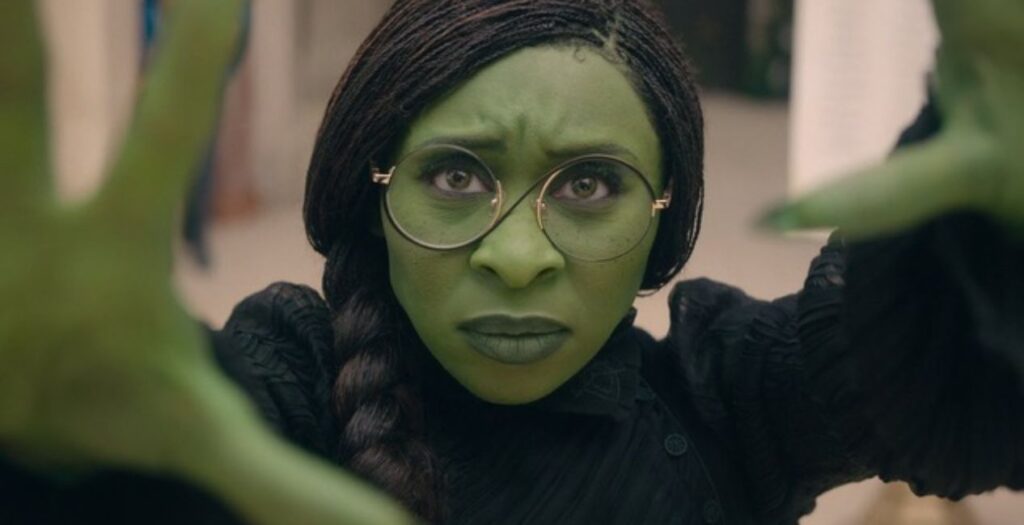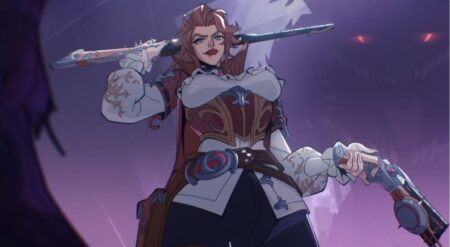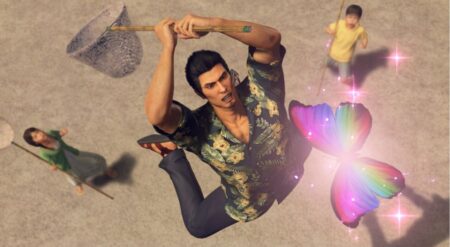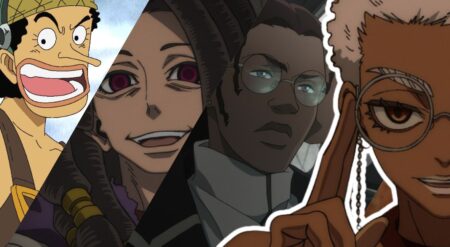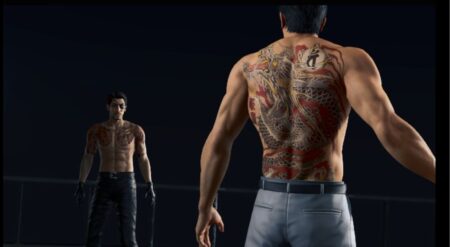Wicked has captured the hearts and minds for years, first as a revisionist book series on L. Frank Baum’s original work, written by Gregory Maguire, was later a Broadway hit musical. Now, with its highly anticipated film adaptation, fans can see Elphaba’s, also known as the Wicked Witch of the West, true story unfold on the big screen.
Fans of Maguire’s book Wicked: The Life and Times of the Wicked Witch of the West are familiar with the musical Wicked, which is a loose adaptation of his source material. Instead of focusing on the darker and political themes of the novel, the musical chooses to simplify the novel’s complex themes and take several liberties within the Broadway hit to focus more on the vibrant and fantastical world of Oz. This article compares and examines the key differences between the film adaptation and the book. And man, there are many.
Elphaba & Her Family Is Surface-Level But Book-Accurate
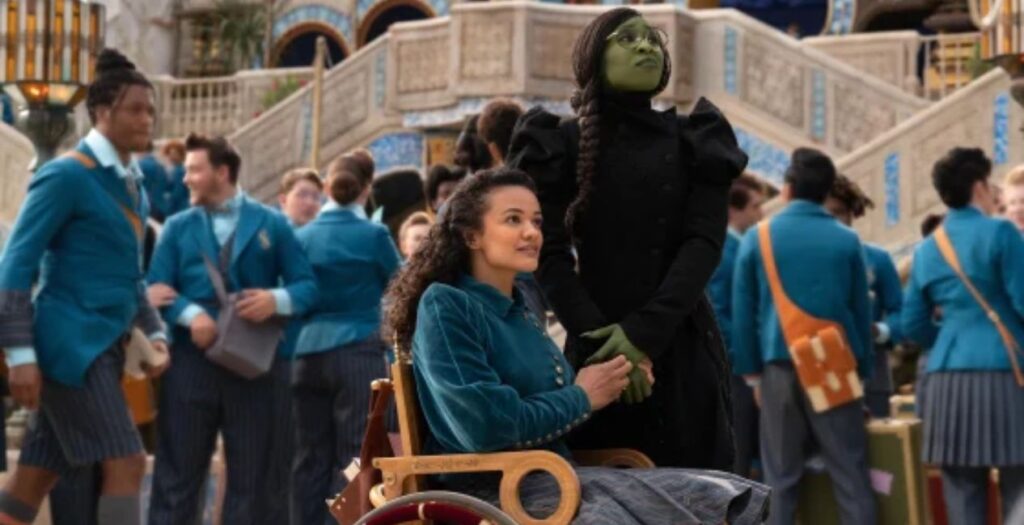
In the book, Elphaba’s father, Frexspar, a traveling minister, initially struggles with her green skin but grows to love her while exploiting her appearance and singing talent for his missionary work. In contrast, her relationship with her mother, Melena, is cold and distant, as Melena shows the bare minimum of care for her daughter. Melena seeks passion and love outside her marriage, notably with Turtle Heart, a Quadling glassblower.
The book even hints at a possible affair between Frex and Turtle Heart while strongly suggesting that Elphaba’s true father was a mysterious traveling salesman Melena slept with during Frex’s absence. Despite their differing opinions, Elphaba shares a healthier relationship with her sister, Nessarose, although a devoutly religious and beautiful girl born without arms. However, Nessarose’s disabilities lead their father to spoil her and neglect Elphaba in the process.
Similarly, in the film, Elphaba’s conception is also tied to her mother’s affair with a mysterious traveler, with her green skin attributed to an elixir drunk that night. However, her relationship with Frex is more strained, with him prioritizing Nessarose’s needs over Elphaba’s ambitions.
This is only further highlighted by Frexspar gifting Nessarose the silver slippers. Melena’s role is very brief, with her death occurring off-screen following Nessarose’s birth. Both the film and novel highlight the complexity of Elphaba’s family, but the book delves deeper into the family’s dysfunction and layered dynamics.
Elphaba’s Enrollment at Shiz University Just Isn’t the Same
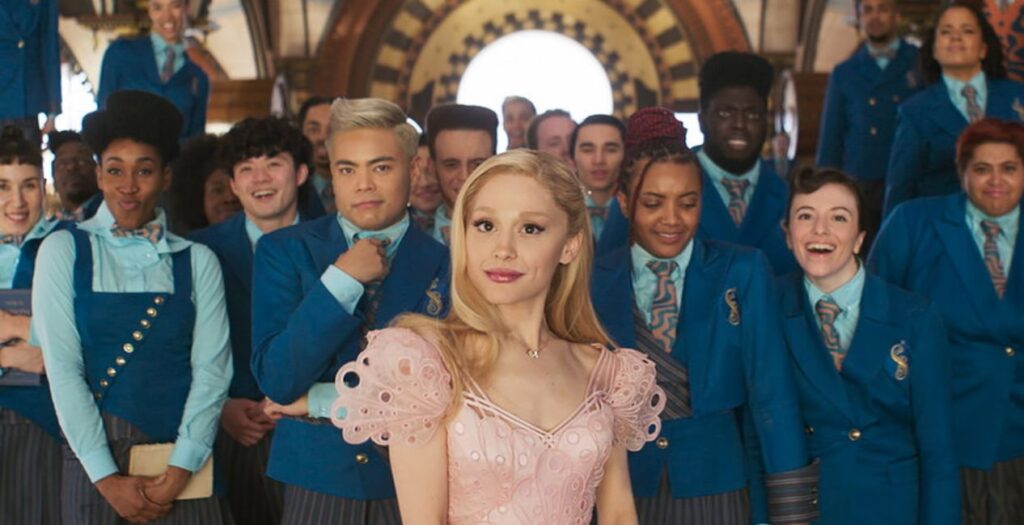
Another departure from the source material is Elphaba’s enrollment at Shiz University. In the book, Elphaba’s attending Shiz University is a natural step, with her having a desire to focus on science rather than sorcery. She even takes on a summer job as an assistant to Dr. Dillamond, the last animal teacher at Shiz. Elphaba’s magical abilities are barely explored until Madame Morrible sees an opportunity to manipulate Elphaba, Nessarose, and Galinda to serve the Wizard’s agenda one day.
In the film, however, Nessarose, Elphaba’s sister, is initially the only Thropp daughter to enroll at the university. Madame Morrible recruits Elphaba to attend the school and encourages her to study sorcery after witnessing Elphaba’s powers. This slight alteration in the film contrasts with the book’s portrayal of Elphaba as a determined, self-motivated character with aspirations of higher learning from the beginning.
Wicked (2024) Is Hit With Censorship For Its PG-Rating
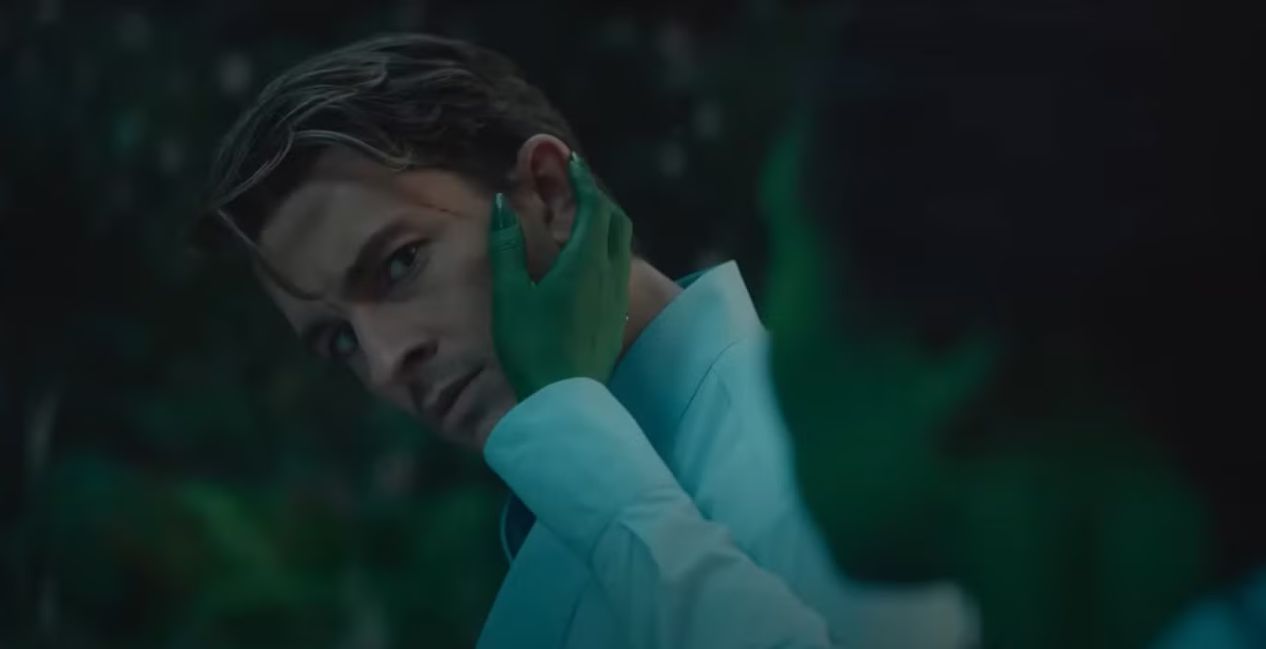
The film adaptation has quite a bit of censorship compared to the book, which is not shocking given its PG rating.
The film adaptation of Wicked heavily censors many of the darker and more provocative elements from Gregory Maguire’s novel, significantly softening its more mature themes. One significant censored part is the murder of Dr. Dillamond, the talking goat and mentor to Elphaba. His death was a massive motivation for Elphaba’s decision to leave Shiz University and take up a revolutionary cause to help other Animals.
Another striking omission is the Philosophy Club, a secret club in Oz where people indulge in taboo activities, including sexual acts and sex shows with discriminated Animals. This setting not only serves as a critique of the moral hypocrisy of Oz’s society. The film completely excludes the setting, replacing the Philosophy Club with the more censored Ozdust Ballroom. This shift erases much of the novel’s exploration of societal corruption and the blurred lines of morality, opting for a more family-friendly narrative.
Love Triangles Take The Focus
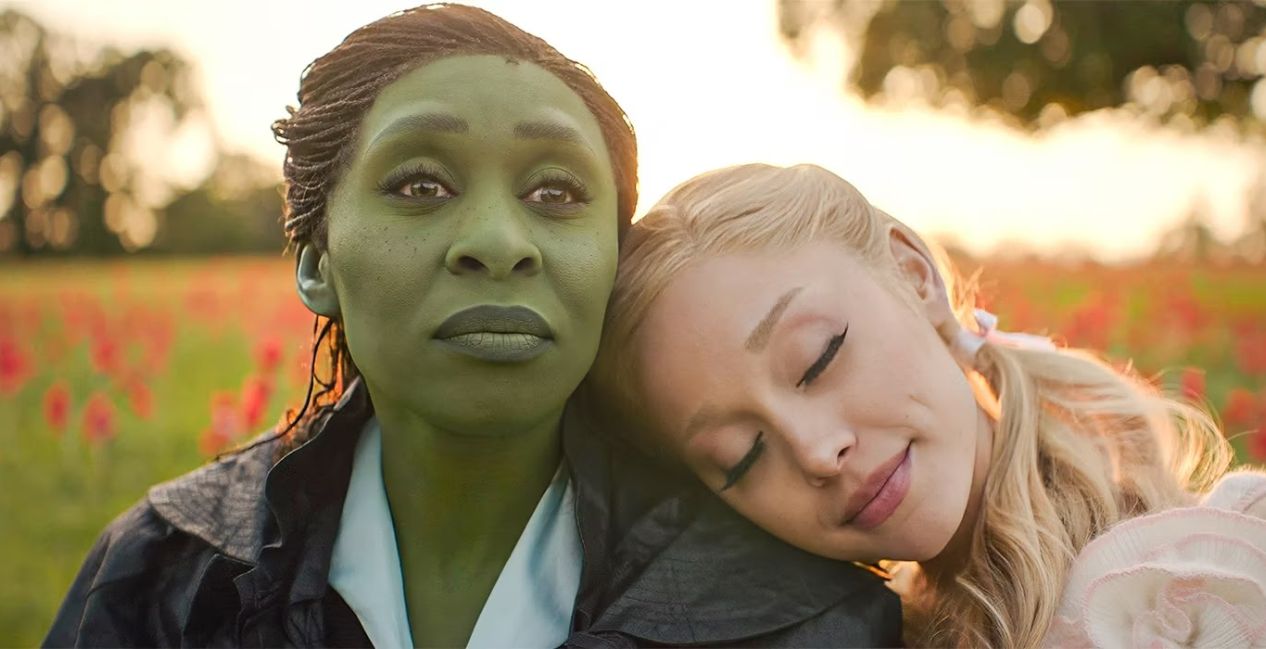
The film’s depiction of romantic relationships is more intricate than the book. A few love triangles form between Boq, Nessarose, Galinda, Fiyero, and Elphaba. Boq’s unrequited love for Galinda leads him to reluctantly pursue Elphaba’s younger sister, Nessarose, as a consolation at Galinda’s urging. Boq feels obligated to care for Nessarose and continues to date her out of guilt. However, in the source material, Boq and Nessarose have little interaction and are attracted to one another throughout the book.
Meanwhile, the love triangle between Fiyero, Galinda, and Elphaba is a significant venture from Wicked: The Life and Times of the Wicked Witch of the West since Fiyero and Galinda do not have a romantic relationship, but they are strictly friends. Instead, in the book, Fiyero and Elphaba are a romantic couple who share a love affair years after they have graduated from Shiz University and reconnected through a chance encounter.
Changes to Characters Dampens Cultural Identities
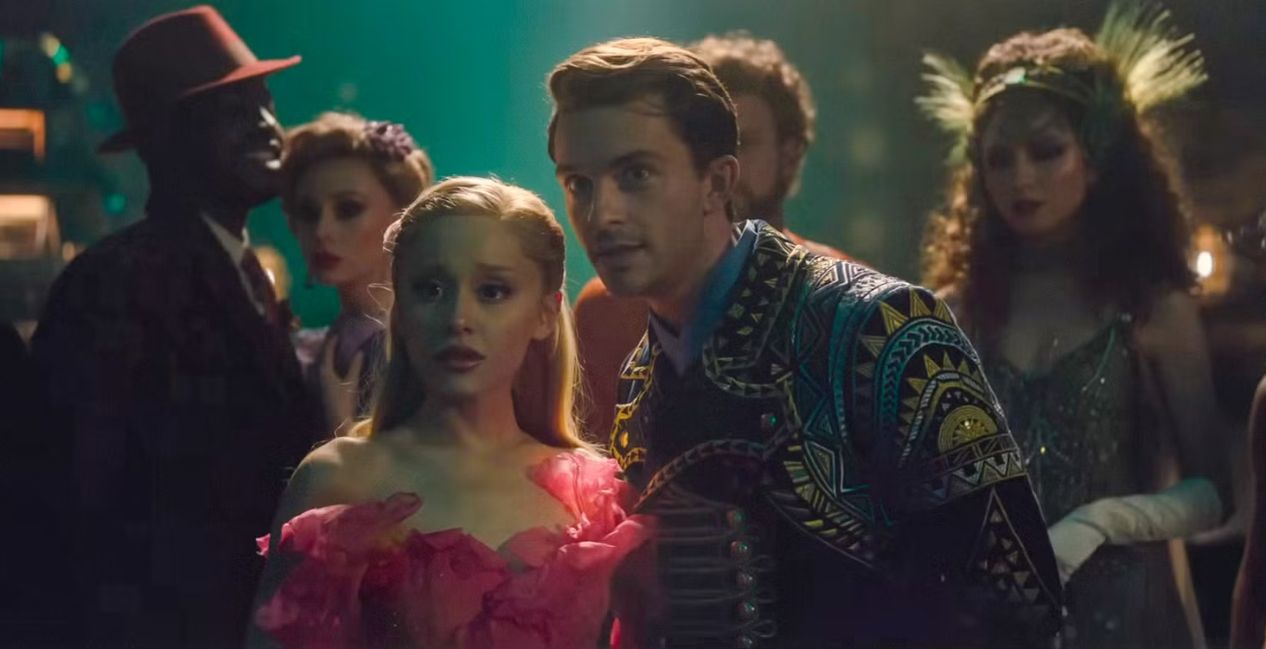
The film makes notable changes to Fiyero and Elphaba’s designs and backgrounds. In the book, Elphaba is described as intersex, with sharp, shark-like teeth and being destructive in her youth. Fiyero, by contrast, has ochre skin and blue diamond markings and is a prince of the Arjiki, a tribal community from Vinkus. As a tribal community, the Vinkus are often seen uncivilized and or exotic by residents in the Emerald City and Shiz University. The Vinkus customs symbolize a cultural identity that opposes the Wizard’s homogenizing agenda.
The film’s adaptation draws much of its inspiration from the Wicked musical’s interpretation of the characters instead of the book. For example, the film’s version of Elphaba does not mention her intersex identity or rough demeanor or show much about her upbringing.
The film erases many details and significantly alters Fiyero’s cultural and physical identity, such as his tribal heritage and distinctive tattoos. Instead, he is portrayed as a sauve, carefree, shallow prince accustomed to high society but with somewhat of a “bad boy” reputation. These changes to simplify the characters like Elphaba and Fiyero for the film reduce some of their complexity and depth, which helps to enrich specific themes of identity and heritage explored within Wicked.
Politics & Power Take A Back Seat In Wicked (2024)
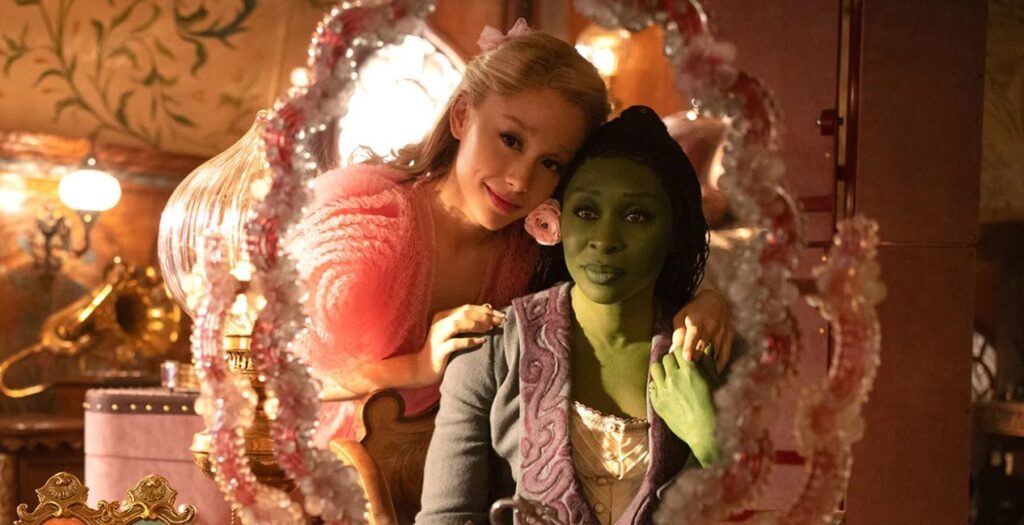
Maguire’s novel deeply dives into political allegories, exploring themes like scapegoating, historical erasure, oppression, rebellion, and colonization, mainly through the plight of the Animals and the struggles of Oz’s regions outside of the Emerald City. Many of these themes mirror issues in the modern world, offering an exciting critique of power dynamics.
One of the most striking examples in the book is the murder of Dr. Dillamond, who is swiftly replaced with a human professor to teach a new curriculum to Elphaba and Galinda’s class that contradicts Dillamond’s teachings. Later on, Elphaba decides to leave Shiz and joins an underground resistance to combat against the Wizard’s oppressive atrocities.
The film, however, simplifies much of the book’s political complexity, focusing primarily on the Wizard’s false power and the oppression of the Animals. Elphaba’s empathy for the Animals, like Dr. Dillamond and his colleagues, is a significant motivation for her rebellion against the Wizard, as she witnesses first-hand mistreatment under Oz’s rule.
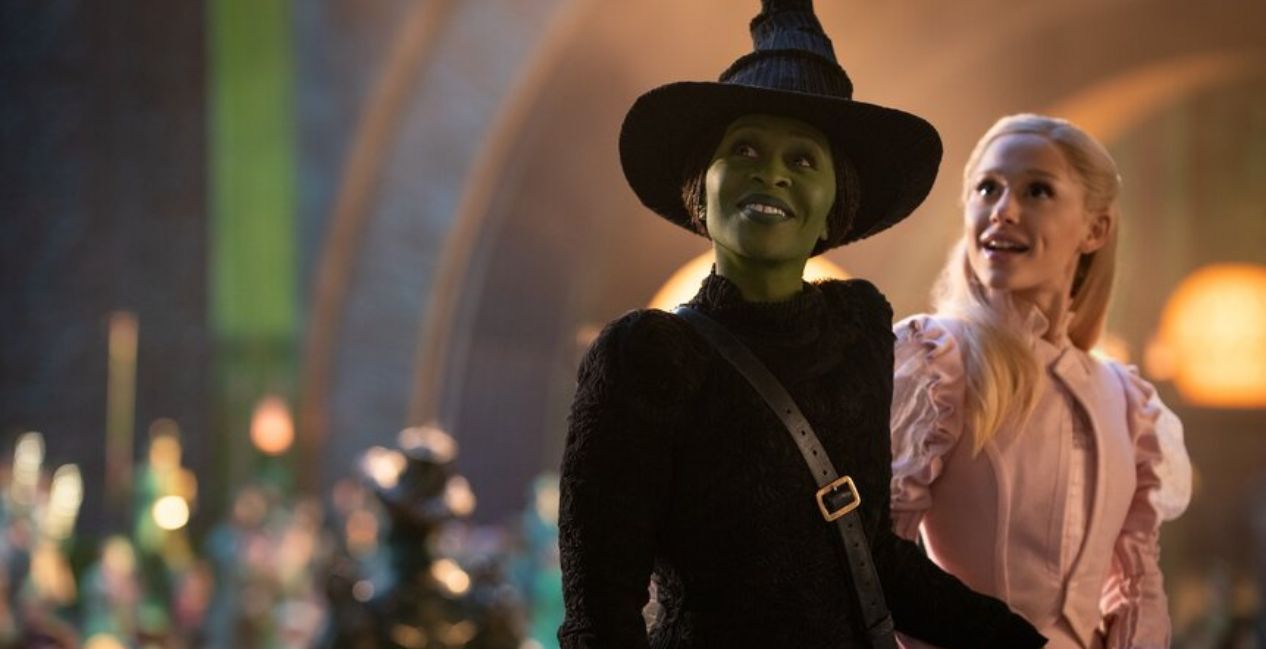
The film also further explores the theme of false power when Elphaba learns that the Wizard has no real magical power, thus exposing the corruption at the center of his regime. The film and book utilize these themes and dynamics to explore how politics in Oz mirror our real-world issues. However, the book offers a more in-depth and nuanced perspective of the corrupt magical world of Oz.
The story of Wicked is as complex and multifaceted as its green protagonist. Each version offers a unique perspective on the land of Oz, from the book’s darker, politically charged themes to the film’s focus on friendship and rebellion. Knowing that the film adaptation will be told in two parts, it will be interesting to see how the film incorporates more elements from the source material or if it chooses to take more liberties and venture from the novel.
One thing is certain: whether on the page, stage, or big screen, Elphaba’s tale continues to resonate with audiences, reminding us there’s more to every person and their story than meets the eye.
Wicked is available now on streaming, and Wicked: For Good is playing in theaters everywhere now.

